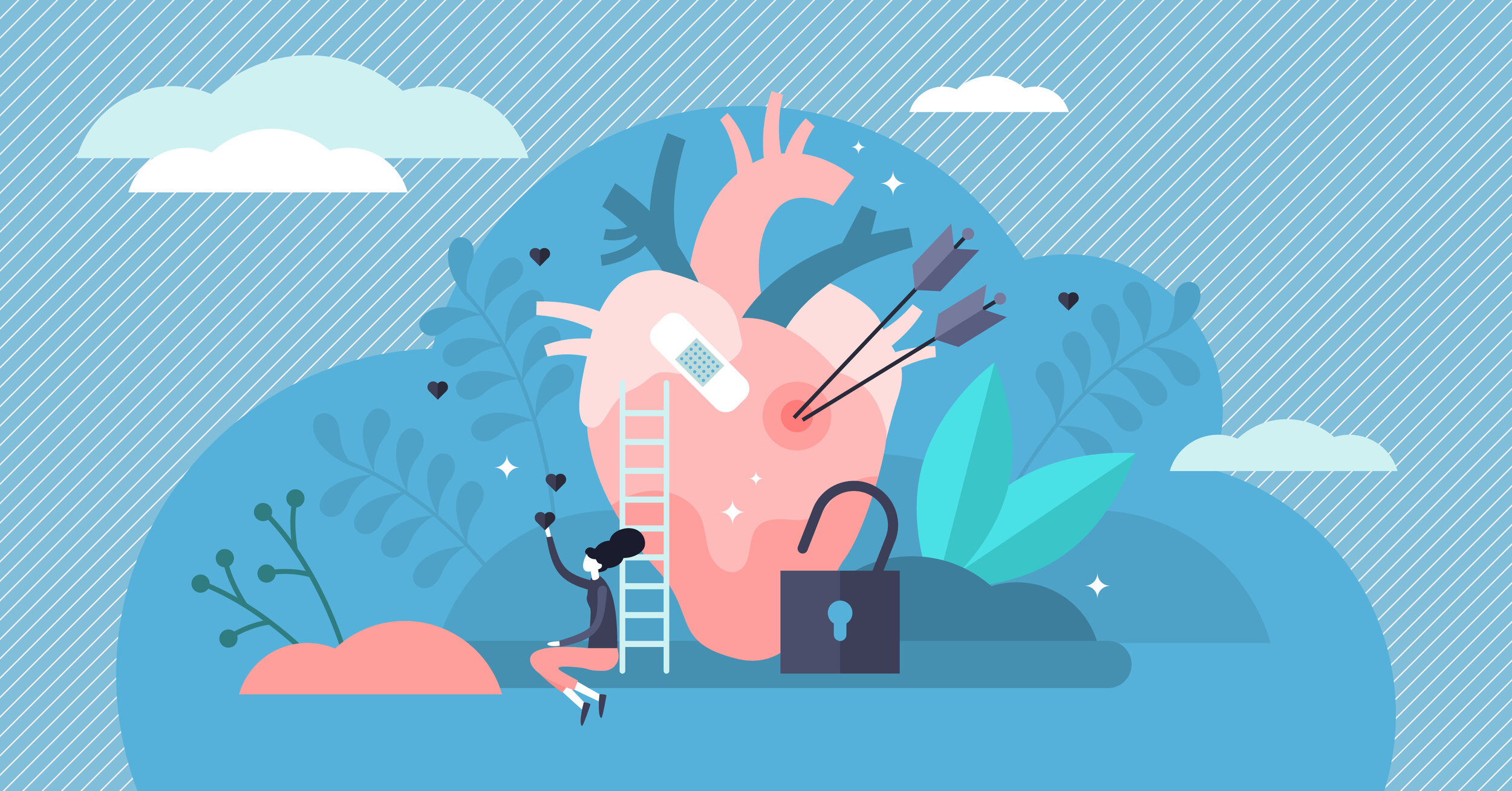Permission to feel
/How have we found ourselves in the ironic position, where we feel bad about feeling? Why do we feel shame or discomfort for having emotions? Somehow, our feelings have become the bad guy. The villain. And rational thought the hero. Our emotions have become undervalued. The head has become the victor of the heart.
Friends of mine are making a really big life-changing decision. One involving lots of money. One involving lots of change. Talking with them about it, as they shared their plans, I shared my joy for where they were at, ‘How super exciting!’ I said. Which was met with, ‘Yep, but we are trying to keep the emotion out of this decision, and go through the steps logically.’ What the hell? Why? For any decision to be made, emotion and thought have to be in tandem. You can’t actually make a decision on intellect and logic alone. It isn’t possible!
Phineas Gage taught us that. If you haven’t heard of him, look him up. He lived in the 1800s. Was a railway worker foreman. Just an ordinary bloke until one day he had a significant accident and miraculously survived. And in doing so, changed the course of history and how we view the workings of our brains today. On the afternoon of 13 September 1948, Gage was overseeing the blasting of rock and the preparation of the road bed for a railway line in Vermont. Distracted by his men behind him, he turned to look at them, opened his mouth to speak and in a freak incident the powder in the hole he had been packing down with his tampering iron, exploded. The tampering iron shot out of the hole and through Gage’s jaw, past his eye and out of the top of his skull, to land bloodied some 25 metres away. Gage survived but his frontal lobe was seriously damaged. He lost his ability to feel emotions and this not only impacted his personality and behaviour, it also stopped him from being able to make decisions. He no longer had a preference, only apathy.
Turning emotions off to make a decision is a bad idea. Particularly if you are making a big decision. Imagine trying to use logic alone to decide if to marry, to have children, buy a house, move house, quit your job, take another job, relocate your life or any of the myriad of big decisions that make through the course of our lives. You need your emotions to help you make those decisions - you need to feel love, fear, excitement and trepidation.
Our issue with emotions is not isolated to decision making. It goes much deeper and much further. Our emotions are important. They guide us, keep us safe and motivate us. They help us navigate between right and wrong. To fit suitably and appropriately into our social constructs. Without them we would be at best robots, at worst psychopaths. And yet, throughout life we are taught to suppress our emotions. It starts from the very beginning. As a baby, our cries are met with a ‘shh’, ‘shh’, ‘shh’. As a young toddler if we are boisterous in play showing great joy we are told to ‘calm down’. As a teenager if we are sad, we are told to ‘cheer up.’ By the time we reach adulthood the script is set: having emotions is bad. And they have become taboo. And there is shame in feeling our feelings. Show passion and you are at risk of being considered too intense. Show fear and you are at risk of being seen as cowardice. Show tears of frustration or sadness and you are at risk of being called unhinged. But what are we meant to be instead? Without emotions we are nothing but big cold lumps of clay.
Without emotion music would not move us. Without emotion poetry would not exist. Without emotion we cannot be in awe of significance, grateful for the mundane, or appreciate what is before us. We rely on our emotions to heal. We need them to make connections. So, give yourself permission to feel. Give yourself permission for others to see that you feel. That you really feel. Show the world big love. Show the world big fear. Show the world that you are an emotional being. And show the people around you how to feel.
Allow the children around you to feel their emotions. Let’s make sure the next generation and those to come, have deep respect for their emotions; and understand how powerful they are in shaping our lives. Lead by example. Embrace your emotions. Trust them. Celebrate them. But whatever you do, don’t bury them. Don’t hide them. Don’t bottle them up. Allow yourself to feel excited, at the risk of feeling disappointed. Allow yourself to feel happy, at the risk of feeling sad. Allow yourself to feel hope at the risk of feeling despair. Listen to your heart. To feel is to know you are human. To feel is to know you are alive.

